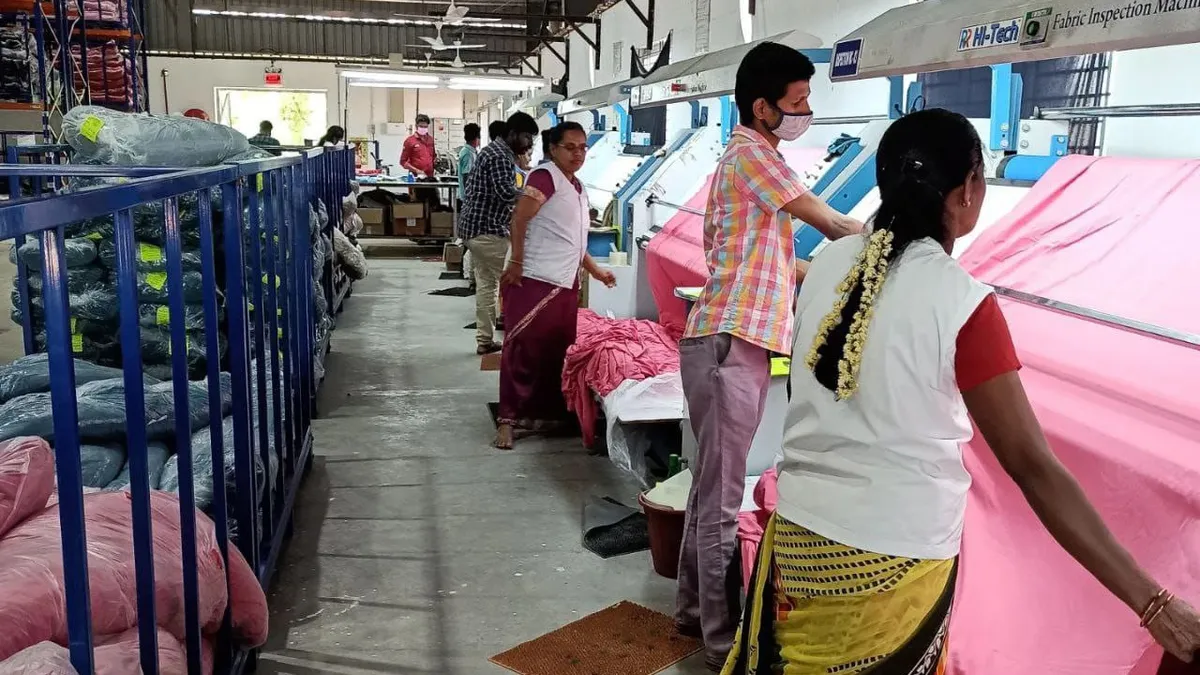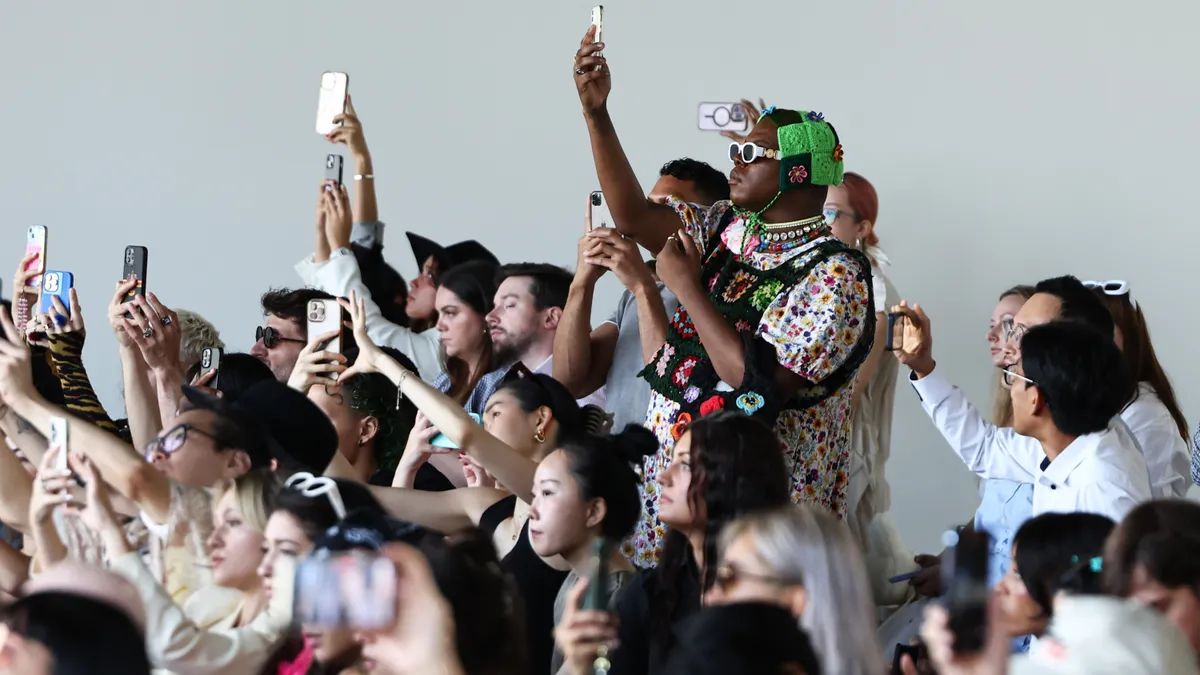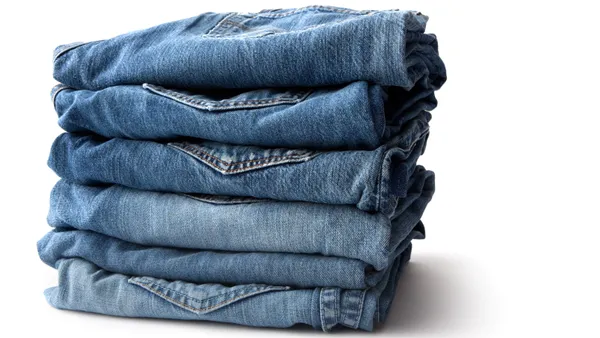Dive Brief:
- Eleven years after the 2013 collapse of the Rana Plaza factory in Bangladesh, in which more than 1,100 people died, the fashion industry is mostly “still failing to do what is the bare minimum: taking accountability for its decisions and actions,” according to a Fashion Revolution press release sent to Fashion Dive.
- Supply chain transparency has increased in recent years, with 86%of brands analyzed by the group’s annual Fashion Transparency Index (FTI) increasing their levels of disclosure by an average of 15 percentage points since 2017, when the FTI was launched. In addition, the number of brands participating in the FTI has expanded from 100 in 2017 to 250 in 2023, according to the press release.
- Only 1% of the 250 biggest fashion brands in the world reveal the percentage of supply chain workers paid a living wage rate, according to the press release, which cited the 2023 FTI results. But for consumers, “transparency has grown from being radical to an expectation,” per the release. The group said this was reflected in the FTI being read more than 11,000 times since its publication and followers of the group’s social channels have increased by 205% since 2018.
Dive Insight:
Fashion Revolution was formed in 2014, in response to the Rana Plaza collapse. Looking back at the last 11 years, the advocacy group cited a series of recurring problems that have impeded progress on workers’ rights and well being, including overproduction, weak legislation, and poor purchasing practices.
“Unfair purchasing practices continue to be the backbone of exploitation in the fashion industry,” the group wrote in the press release. “By paying late, changing orders last minute, or outright canceling fulfilled orders, brands are perpetuating an abusive and volatile cycle that systematises poverty, as factory owners and suppliers may be forced to make workers stay late to finish orders and are unable to pay their workers on time or even at all.”
Since Rana Plaza, “in-work poverty has actually deepened at a worker level,” according to Fashion Revolution.
While 28% of the world’s 212 largest brands disclose their approach to bringing supply chain workers’ wages up to a living wage, only a minority of brands which source from Bangladesh supported workers demands for about $209 a month, according to Maeve Galvin, Global Policy and Campaigns Director at Fashion Revolution.
The wage was set at 12,500 Taka, or about $114, in November 2023, following weeks of protests after the Bangladesh government missed its initial deadline to make a decision on the wage.
“From our perspective, this was a shameful missed opportunity for brands to stand behind workers in their fight for fair pay, particularly given brands’ significant influence on wages,” Galvin said in an email. “In the midst of a cost of living and inflation crisis, workers cannot wait years for another wage review.”
The group praised the expansion of the International Accord on Fire and Building Safety, a health and safety agreement signed by brands, retailers, and trade unions weeks after the Rana Plaza disaster. Since 2023, the accord has expanded to Pakistan, where it has been signed by 100 brands and retailers. However, the group called “urgently” for “legislation at the importing-country level to ensure fashion brands pay garment workers worldwide a living wage, and respect workers’ freedom to associate and collectively bargain on issues like pay.”











